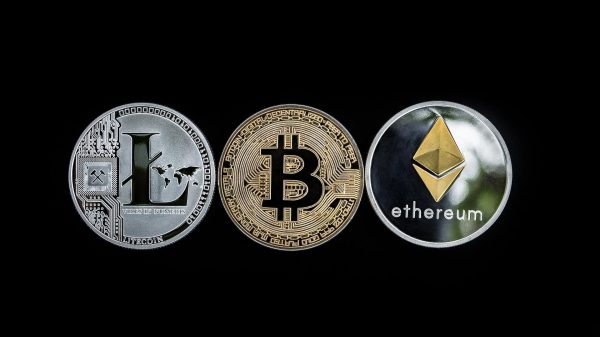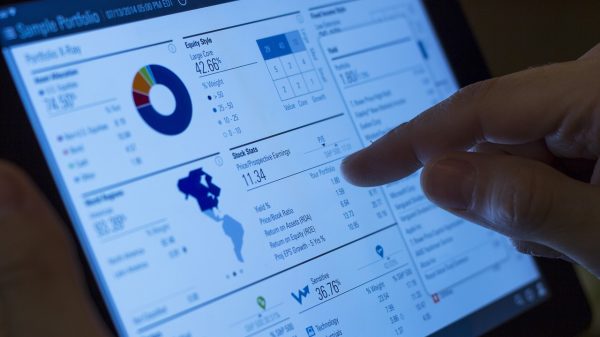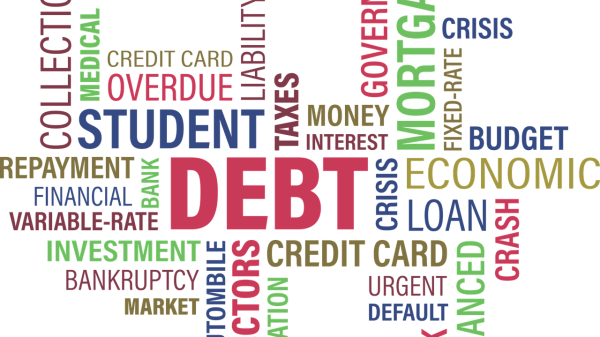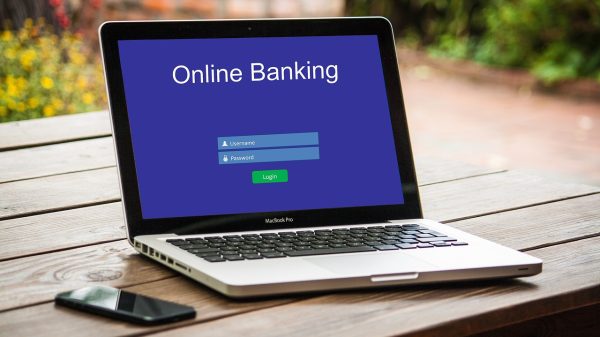When shopping for a loan, we want to find the cheapest loan with the best terms. Maybe the most important price we pay on our debt is the interest rate, which means that the interest rate represents the price you spend on the amount you borrow. It is a factor that determines the cost of your loan, i.e., the cost of debt. Note that it is one of the factors, not the single most important factor, other factors should be taken into account to determine the total cost of the loan. Make sure you understand which loan is the best loan for you. Because of the effect an interest has on the price of your loan, you should know the two basic types of interest rates you could choose from, the fixed and variable interest rates. Accordingly, you should understand the difference between fixed interest rates loans and variable interest rates loans. A wrong decision regarding the type of interest rate you are going to pay can have a harsh impact on your financial situation.
What is a variable interest rate loan?
A variable interest rate is an interest rate that can be subject to changes during the loan’s lifetime, which means that there could be a positive or negative difference in the interest rate at the time of signing the loan agreement and the interest rate during or at the end of the loan term. The next logical thing for you would be to understand the reason for changes in the interest rate. Namely, when a loan has a variable interest rate, it is periodically adjusted according to the current market interest rates. Depending on the type of loan, some of the standard interest rate benchmarks are LIBOR, COFI, or MTA. In addition, the level of economic activity and inflation rate, among other factors, are influencing the direction of the movement of market interest rates (benchmark rates).
Thus, when taking a variable rate loan, your monthly payments are also subject to change due to the possibility for the interest rate to change, which means that an increase in the benchmark interest rate would increase your monthly payment and vice versa.
What is a fixed interest rate loan?
Contrary to the variable interest rate loan, having fixed interest rate loans means that the interest rate will not vary according to the movements in the market interest rates. As the name implies, this type of loan has the same interest rate throughout the loan repayment period. This means that your monthly payment will not be subject to changes regardless of the movements in the market interest rates (there are certain exceptions, though). Thus, any uncertainty about the direction of movement of interest rates in the future is removed.
As with everything else, before making any decision, you should consider the advantages and disadvantages of each type of interest rate. That is, you cannot choose fixed or variable interest rates until you are fully aware of the benefits and consequences.
Advantages of variable interest rate loan
- Lower monthly payment – variable interest rate loan can offer you the possibility to enjoy a more down monthly income in the short run.
- Borrow more – with variable interest rate loans, you could be able to borrow more money even if you don’t have the best credit score.
- Increased flexibility – you are allowed to make extra payments if you want.
Disadvantages of variable interest rate loan
- Possible budgeting problems – due to the changing nature of the interest rate and the fact that interest influences the size of the monthly payment, having a variable interest rate loan makes it difficult to know the exact monthly payment every month or six months ahead.
- Rises in interest rates – could have a minor or substantial negative impact on your finances. This is a sense that it could increase your monthly payments, leading to bad financial health.
Advantages of fixed interest rate loan
- Easier budgeting – since the monthly payment is fixed, you could plan your monthly finances, and the danger of fluctuations in your monthly obligation is eliminated.
- Upward changes in interest rates – any rise in market interest will not hurt people with fixed interest rate loans.
Disadvantages of fixed interest rate loan
- Not riding on the decreases in interest rates – the downside is that any decrease in the market interest rates will not be reflected in your monthly payment because you have opted for a fixed rate.
- No extra payment – having a fixed interest rate loan could be an obstacle for you to make an additional payment for your loan. This is because of the terms enacted on the fixed interest rate loans by the lenders.
- Early repayment charges – could exist for a fixed interest rate loan.
It could be said that a fixed interest rate loan is suitable for people that have an almost perfect credit score. This is so because a good standing credit score can qualify you for a lower interest rate. Thus, you could lock in a low-interest rate on your loan. Another thing to consider is the fact that fixed interest rates are higher than variable interest rates.
The decision about fixed versus variable interest rate loans is especially important if you plan to apply for a long-term loan (mortgage loan, for example). The longer the life of the loan, the bigger the uncertainty about the movement in the market interest rates, the level of your income, financial health, etc. Thus, time, i.e., the life span of the loan, should also be taken into consideration when deciding whether to fix your interest rate or not.
By now, you should understand the relation between your monthly payment and the interest rate. Namely, the size of the monthly payment is affected by the interest rate. As it was mentioned before, the interest rate has an essential influence on the size of your monthly payment because it is consisted (on most loans) of a portion of the principal amount plus an interest payment on the outstanding balance.
It is good to take a loan bearing a fixed interest when the market interest rates are relatively low or significant fluctuations in the market interest rates. On the other hand, a variable interest rate loan could be beneficial if there are realistic expectations that the market interest rates will gradually and constantly decrease in the future.
Although considering the type of interest rate you are going to pay is highly important, you should not base your decision solely on the interest rate, so you should base your decision on the total cost you will have for the specific loan. It is also essential to understand the difference between APR and interest rate. In addition, the amortization period of the loan is also important. This is so because the length of the loan repayment period is highly important as well. An important issue that should be considered here is the repayment period. A more extended amortization period bears a higher risk in terms of the possibility of changes in the interest rate’s size to occur.
Noteworthy mentioning is that the interest rates in the past couple of years are considered to be all-time low. Accordingly, fixing the interest rate on your loan could be beneficial in saving made on interest payments, i.e., lower cost of the loan.






